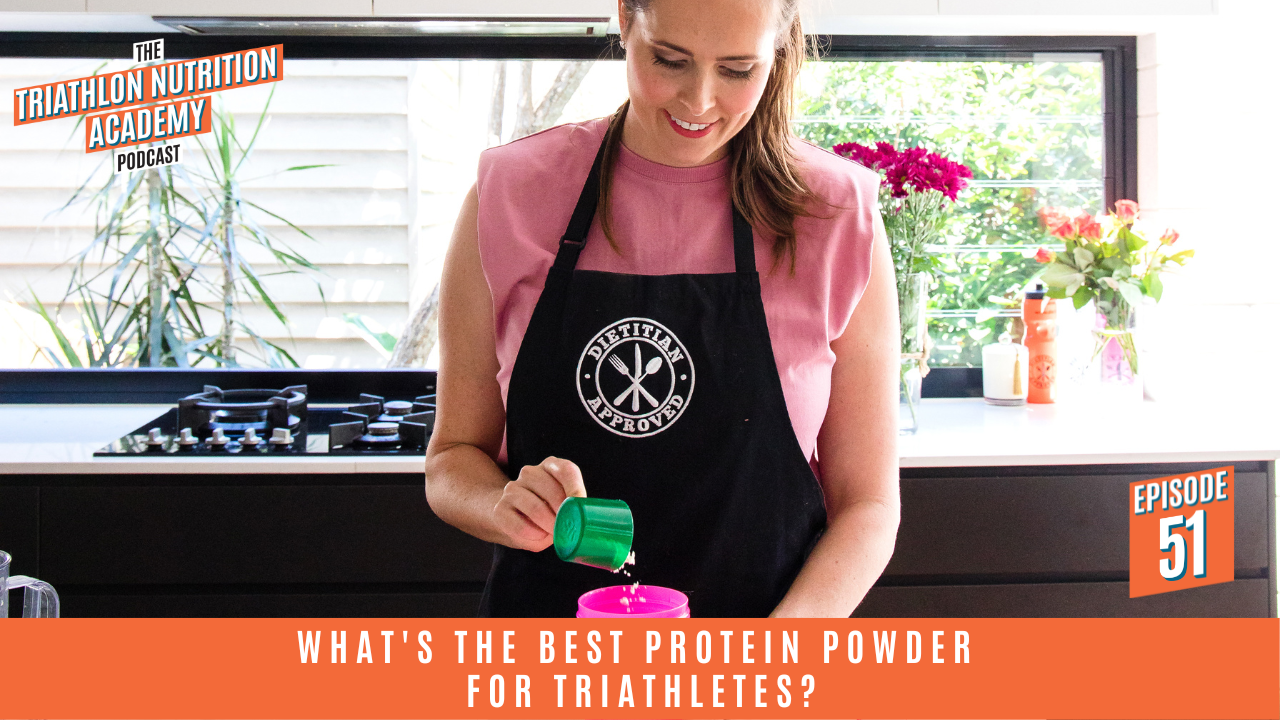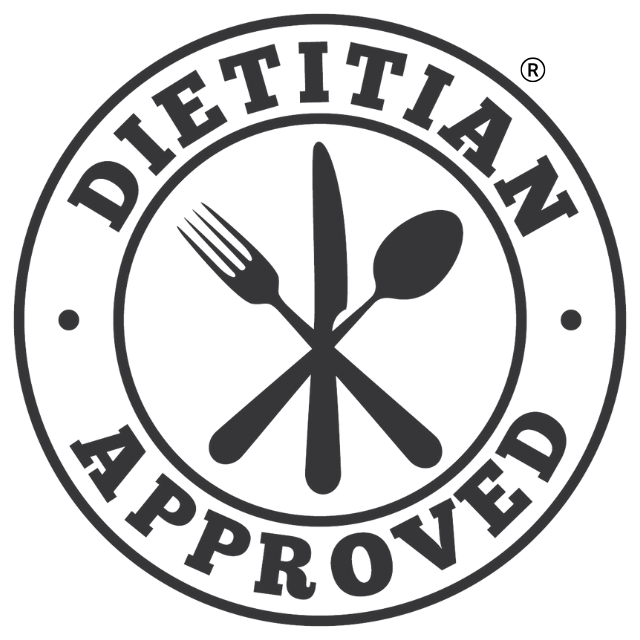
What's the best protein powder for triathletes?
Jul 21, 2022What's the best protein powder for triathletes?
A number of people have mentioned protein powders to me lately – as if it was the best thing in the world. I’m going to dive a little deeper into protein powders (and try not to offend supplement companies in the process!!)
FIRSTLY – I have a food first philosophy. It is extremely easy to get enough protein from food without the need to supplement.
As a supplement, that’s exactly what they should be used as: an addition to a balanced diet when you can’t get enough protein through real food for whatever reason.
Reasons we might advise using a protein powder:
- For convenience – if you have a busy lifestyle and seem to be always on the run!
- To meet protein needs directly after a heavy strength-specific session – where we are trying to maximally stimulate muscle protein synthesis (building new muscle).
- To make sure your recovery meals still tick all the boxes when you’re in a location where real food isn’t feasible. e.g. Post-racing where your recovery meal gets delayed. Or if you struggle to eat post-training.
- To bump up the protein of a meal that’s otherwise inadequate to meet your needs. e.g. For those of you who don’t like adding yoghurt to your porridge, smoothies made on expensive water (I mean almond milk!)
I’m in no way saying start using one, but if you have one already or are in the camp of needing it for a particular reason, here are a few things I'd recommend you look for:
1. Informed Sport or HASTA tested
2. Make sure it includes enough protein per serve
- For muscle protein synthesis look for ~20-30g of protein per serve. More doesn’t equal better when it comes to protein, and anything above this in one sitting is a waste. It doesn’t increase the rate of protein synthesis any further (1). And guess where it goes? Straight down the toilet! That’s right – we pee it out.
3. Choose a high biological value protein
- Not all protein sources are created equal. This is measured by the biological value of the protein. High biological value means two things: it has all 9 essential amino acids needed to build and repair muscle, and the ratio of these amino acids are similar to what is needed by your body (1). These are typically whey or milk protein-based but can include egg as well.
- Plant-based sources of protein are often missing amino acids and are in a different ratio than what’s required by the body, making them lower in biological value (1). They can be matched with a complimentary protein source to provide all essential amino acids between the two sources, but a larger quantity is still needed as we’re unlikely to absorb it as well.
- Plant-based protein powders are a good choice if you’re vegan or sensitive to lactose or milk proteins.
- Protein quality is also influenced by how fast it can be digested, meaning how quickly it can reach your muscles for synthesis and repair. Whey protein has both a high biological value and is rapidly digested, giving the quality box a great big tick.
4. What other random ingredients does it contain?
- Stimulants
- ‘Flavours’
- Thickeners/gums
- Sweeteners (to make it palatable)
- Anticaking agents
- Other random things to improve the texture or a lower quality product.
- Be mindful of random herbs and words you’ve never heard of.
A big one to avoid is “propriety blend”. If the company isn’t open and honest about what a powder is made up of exactly – AVOID!
Most protein powders will also have added sugar or sweeteners to make it palatable. If you are choosing a sweetened product, opt for a non-nutritive sweetener like stevia or sucralose to improve the taste without increasing the energy density.
Less is more.
If you’re thinking about using protein powder the three questions you need to ask yourself are:
1. Why am I using this?
2. Is it safe?
3. Is it necessary?
It’s all too easy to get caught up in clever marketing and the popular opinion that supplements are needed for optimal performance!
Take home messages
- We can get plenty of protein from food. Always try and meet your requirements with real food first! Milk, Greek yoghurt, cottage cheese, meat, chicken, fish, eggs, tofu, legumes, nuts and seeds are all great food options that provide protein.
- Can be useful in some situations – it's convenient.
- Supplement – is it safe? is it Informed Sport tested?
Discount Codes:
Use code TNA to get 10% off Pro4mance
Get 10% off VPA
LINKS
Join the Dietitian Approved Crew Facebook Group to catch me LIVE on Coffee & Questions. On the first Thursday of every month at 8:30 am AEST (Brisbane time). Come and pick my Advanced Sports Dietitian brain on anything endurance nutrition-related.
To dive deeper into this episode, listen to the Triathlon Nutrition Academy Podcast, EP 51 – What is the best protein powder for triathletes?
If you are interested in learning more about the Triathlon Nutrition Academy Program and what it can do for you, head HERE to join the waitlist for our next opening.
Don't miss a beat!
New moves, motivation, and classes delivered to your inbox.
We hate SPAM. We will never sell your information, for any reason.



